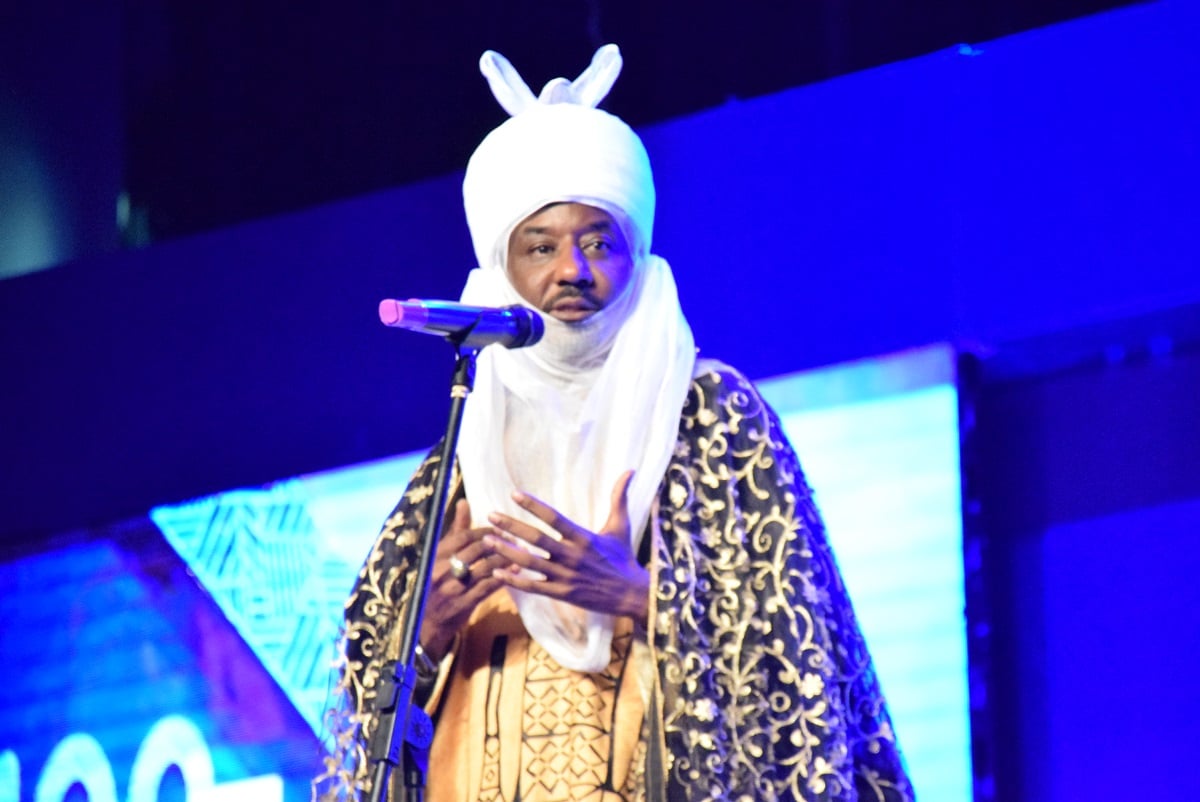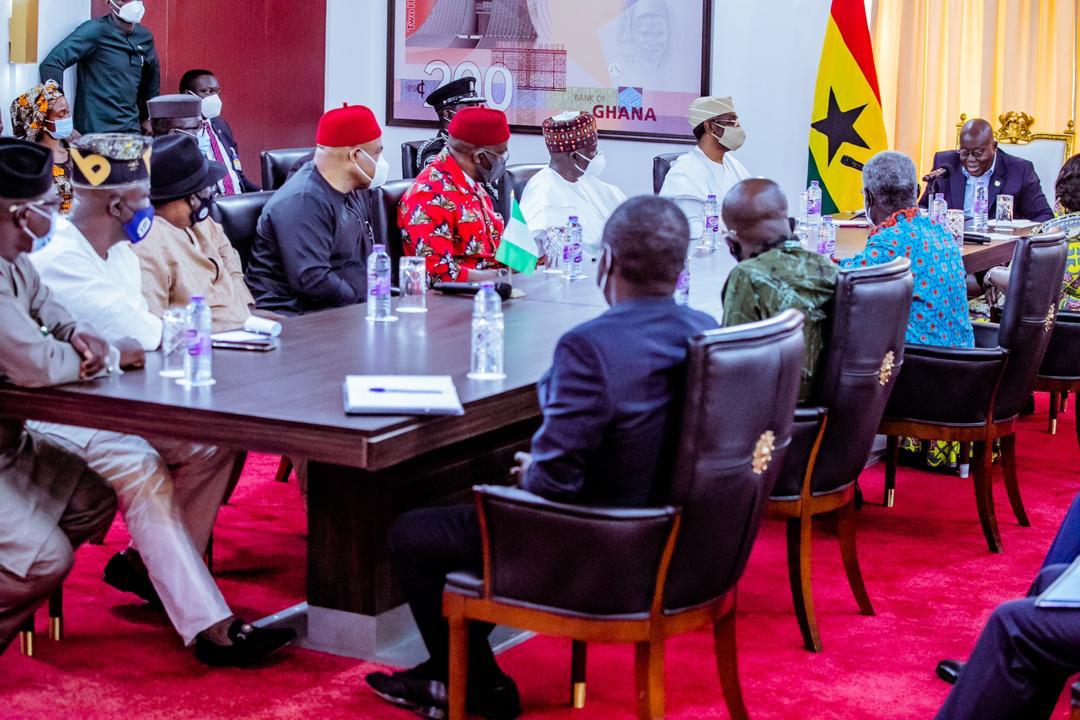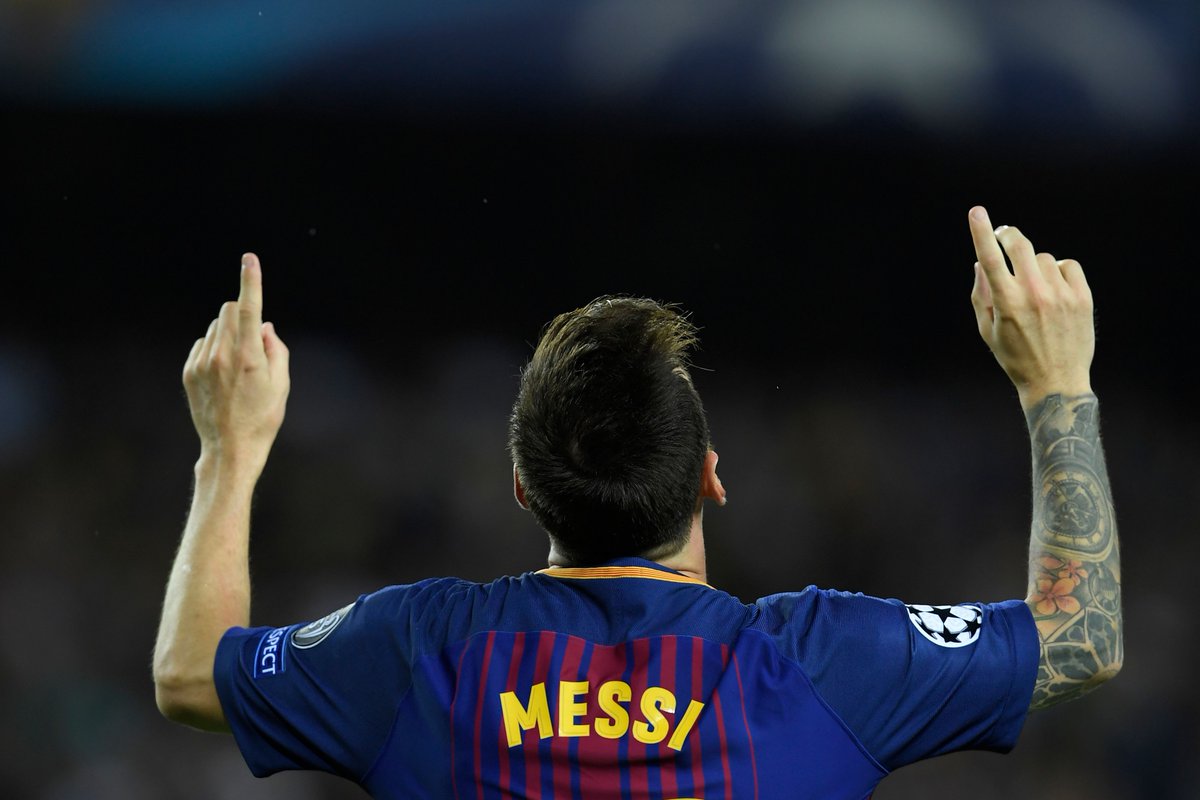Ross Cranston, a judge of the Business and Property Courts of England and Wales, on Thursday ruled in favour of Nigeria in its case against Process and Industrial Developments (P&ID) Ltd.
By granting an extension of time and a relief of sanctions, the judge has given Nigeria a lifeline — to go back to the arbitration tribunal and prove fraud so that the $10 billion award can be set aside.
It is still a long way to go for Nigeria to shout Uhuru, but Cranston, in his judgement, said the country had proved a strong case that the contract in question was procured through bribery.
An analysis of the 43-page judgment by TheCable shows likes case of bribery and exaggeration were identified during the contract award and arbitration process.
Advertisement
Here are highlights.
Multiple levels of bribery
From the evidence tendered in court by both parties, it was established that money exchanged hands at various stages from contract award to the arbitration stage.
Evidence showed that Grace Taiga, who was the senior legal adviser at the ministry of petroleum, received monies from the company between 2009 and 2019.
Advertisement
Taiga claimed in court that the monies received were for her medical expenses.
“There is no supporting evidence for this, such as contemporaneous communications between P&ID and Ms Taiga referring to her medical needs,” the judge said.
“As the Attorney General explains in his seventh statement, benefits received by public officials from individuals holding or seeking to obtain a contract are assumed to be bribes under the Corrupt Practices and Other Related Offences Act 2000 and the Nigerian constitution.”
Tijani, who chaired the committee that reviewed P&ID’s proposal, has also admitted to receiving bribes from P&ID in return for overlooking shortcomings in its bid.
Advertisement
In a December 2019, interview, Olasupo Shasore, former attorney-general of Lagos state who conducted the arbitration for Nigeria at the jurisdiction and liability stages, told the Economic and Financial Crimes Commission (EFCC) that he gave personal gifts of $100,000 each to Ms Adelore (the senior lawyer at the ministry that replaced Taiga) and Oguine (legal director at the Nigerian National Petroleum Corporation).
“In an interview on 6 and 7, May 2020 Ms Adelore accepted that she received an unsolicited payment of US$100,000 in cash from Mr Shasore, which she had a colleague collect from Mr Shasore’s office. She has told the EFCC that she felt Mr Shasore was working against Nigeria’s interests in the arbitration,” the judge said.
P&ID’s Quinn lied under oath
The judge also said that Nigeria proved a strong case that Michael Quinn, the deceased founder of P&ID, exaggerated and committed perjury in his 2015 statements.
According to documents, the $40 million expenditure Quinn claimed had been expended on the project was, in fact, spent by Tita-Kuru for a gas offtake agreement from the Folawiyo gas field in Badagry.
Advertisement
Tita-Kuru said it had paid P&ID the sum of $40 million for the development of the engineering work, design and off-take consultancy services.
It also claims that the designs and documents were presented to the ministry for the GSPA contract.
Advertisement
Mill, P&ID’s lawyer, argued that Quinn never said explicitly that P&ID had spent the $40 million
“In my view, there are serious difficulties with Mr Mill’s submission,” the judge said.
Advertisement
“On my reading of the paragraphs, it is P&ID which is alleged to have done all this. (I note in passing that in other correspondence referred to earlier Mr Quinn refers to ‘our expenditure’).”
Court documents also quote the company’s lawyer as admitted that Quinn exaggerated when he said that the $500 million needed for the project was available.
Advertisement
Brendan Cahill, Quinn’s partner, also admitted that the company had not paid for the land on which the project would have been sited.
“By itself, Mr Quinn’s remark about the site being allocated would not have been serious. However, in context, it is part of a piece with the falsities in other parts of the statement,” the judge said.
“In my view, Nigeria has established a strong prima facie case that Mr Quinn gave perjured evidence to the Tribunal to give the impression that P&ID was a legitimate business and was able and willing to perform the GSPA. P&ID then relied on that evidence before the Tribunal in the knowledge of its falsities.”
Shasore ‘tainted’ Nigeria’s chances
Mark Howard, Nigeria’s lawyer, argued in court that Shasore colluded with P&ID to ruin Nigeria’s chances at victory during the first two stages of arbitration.
“Shasore had advised a speedy settlement, as in his 17 July 2013 letter to the then Attorney General, without investigating the obvious line of defence that P&ID, a BVI company with no experience, assets or finance, would not perform,” the document read.
“Next, Mr Shasore concealed his involvement from his own firm. Further, in the conduct of the arbitration, he did not seek disclosure of any of the 100 files Mr Quinn referred to in his statement, relevant to the preparatory work P&ID was said to have performed.”
Cranston said he was persuaded of a “prima facie case of dishonesty” in Shashore’s conduct because of his gift of $100,000 each to Adelore and Oguine.
“As to Mr Shasore’s account that these were gifts, that does not seem to me a complete and honest explanation for why he should make these payments to these senior public servants,” he said.
“Part of the picture is that after the payment to Ms Adelore, she wrote to the Ministry’s permanent secretary on 30 December 2014 recommending a settlement.
“In the result, there is a possibility that Mr Shasore had been corrupted. At the least, I accept Mr Howard’s submission that there is a prima facie case that Mr Shasore made the payments to Ms Adelore and Mr Oguine to purchase their silence in relation to his conduct of the arbitration and settlement negotiations. There is, therefore, a prima facie case that the arbitration proceedings were tainted.”
Settlement vs investigation
In its submission to the court, P&ID had said Nigeria chose to explore the settlement option rather than follow recommendations to investigate how the contract was awarded.
In his remarks, the judge said the submission was a contradiction.
“On the one hand, P&ID is saying that Nigeria should have investigated fraud more vigorously, but instead took a deliberate decision to pursue a settlement, while at the same time asserting that no fraud existed.
“Related to this point is that P&ID was presenting itself as a legitimate commercial company, able and willing to perform the GSPA, thwarted by the failure of Nigeria to provide wet gas, and justifiably engaging in arbitration and legal proceedings in London and New York.
“Yet somehow the Nigerian authorities should have taken the decision to investigate fraud.
“As alleged by Nigeria, the fraud is complex in character and continuing. Even on my preliminary examination, it comprises a number of quite different strands.
“What occurred, in this case, was deliberately concealed. Especially with the international advisers it engaged, P&ID wore the cloak of legitimacy. In the circumstances which Nigeria has prima facie established, it acted reasonably in its investigations and in pursuing settlement.”







